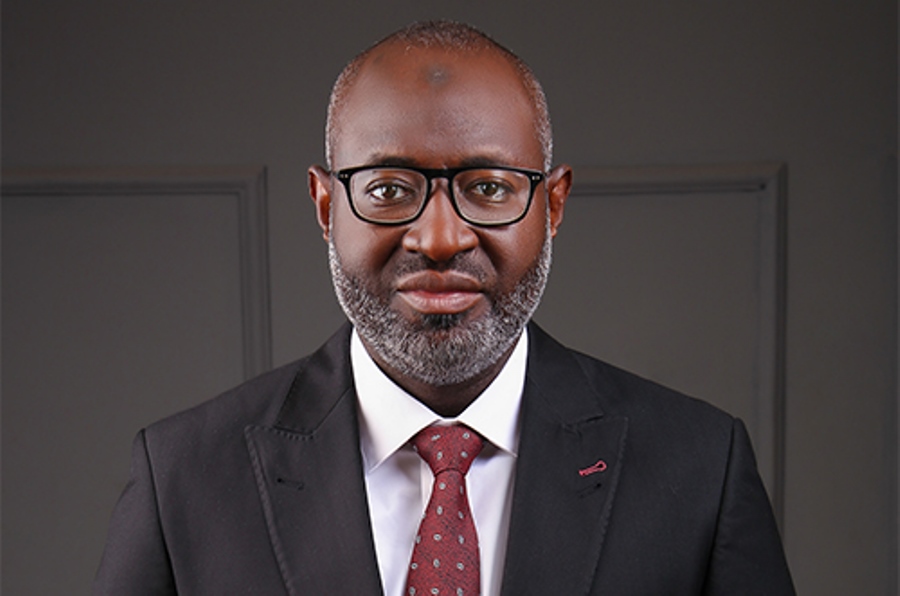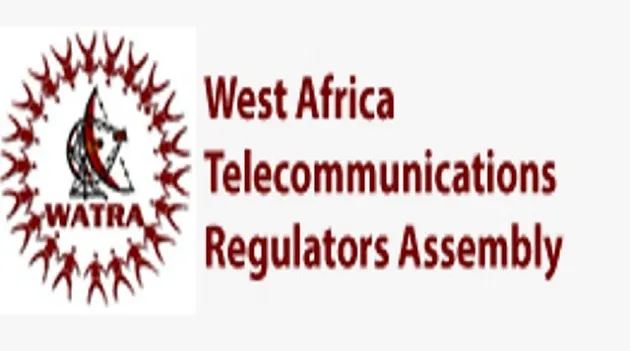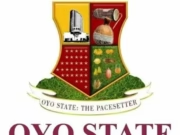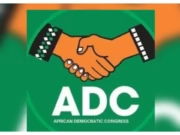At a pivotal gathering in Accra, Ghana, Aliyu Yusuf Aboki, Executive Secretary of the West Africa Telecommunications Regulators Assembly (WATRA), unveiled an ambitious framework aimed at harmonising digital policy across West African states. The goal is simple yet transformative: to drive investment, innovation, and equitable access across a population exceeding 400 million.
Speaking at the third convening of WATRA’s Working Groups, Aboki stressed that consistent and coordinated regulatory measures are essential to evolve ECOWAS into a unified digital market attractive to both regional and global investors.
Table of Contents

Why Harmonisation Matters
The ECOWAS region is brimming with digital potential, but structural fragmentation undermines growth:
- Over 400 million residents, yet piecemeal policies.
- More than 250 million mobile subscribers and 120 million internet users—yet high compliance costs and inefficiencies plague cross-border services.
- Fragmented licensing regimes, spectrum policies, and consumer rules deter scale across finance, telecoms, and digital platforms.
Aboki observed that regulatory misalignment limits efficiency and innovation. “Regulatory harmonisation transforms fragmented national markets into one larger, more investable region,” he said.
The Working Groups: Architecture of Reform
To turn vision into policy, WATRA has organised three technical Working Groups:
- Consumer Access & Experience
Frameworks to ensure fair service delivery, boost consumer trust, and drive uptake of digital services. - Infrastructure Development
Policy alignment on spectrum allocation, satellite licensing, fibre interconnection, and roaming protocols to attract capital across the region. - Cybersecurity Standards
Regional cyber-regulations that protect users, secure cross-border data flows, and boost confidence for investors .
Hosted by Ghana’s National Communications Authority (NCA), the four-day meeting brought together regulators, private sector actors, policy experts, and development partners. Aboki underscored that these groups are where “vision meets implementation,” yielding adaptable models regulators can adopt at the national level.

The Economic Stakes: From Fragmentation to Scale
West Africa’s telecom and digital ecosystem already contributes significantly to national GDPs—about 15% in Nigeria alone. Fintech, e‑commerce, and digital marketing propelled telecom sector growth from 21% in 2019, to 60% in 2023, and then 80% in 2024, adding nearly USD 30 billion annually to regional GDP.
Yet, despite this momentum, regulatory inconsistencies continue to suppress full potential:
- Operators face 16 distinct licensing regimes across ECOWAS states, raising barriers to expansion.
- Non-harmonised spectrum pricing inflates costs and deters investment.
- High roaming tariffs continue to frustrate mobile users moving across borders.
Aboki argues that by aligning policies, West Africa can unlock billions of dollars in value—through seamless roaming, digital financial inclusion, cross-border e-commerce, and regional cloud infrastructure.
WATRA’s Strategic Alliances and Blueprint for Progress
WATRA has previously partnered with ECOWAS to enhance digital infrastructure planning and cybersecurity monitoring through ECODOB—the regional Digital Observatory. It also aligns with ITU and global standards to ensure interoperability and investor confidence.
An important milestone ahead is WATRA’s upcoming conference of regulators, where recommendations from the Working Groups will be refined and formalised.
This includes:
- Coordinated spectrum pricing best practices to avoid inflated tariffs.
- Policy frameworks promoting infrastructure sharing and co‑location.
- Models for national frameworks on universal access, guiding public funds like the Universal Access Development Funds (UADF) to underserved areas.
WATRA’s strategic plan (2022–2025) emphasises expanding connectivity, enabling satellite and space technology entrants, and championing cybersecurity and data protection across its 16 member states.
Empowering SMEs and Digital Inclusion
Beyond infrastructure and rules, WATRA’s vision includes empowering entrepreneurs and advancing digital inclusion across the region:
- SMEs—employing over 80% of West Africa’s workforce—stand to gain from improved cross-border payment systems and e-commerce pathways.
- By strengthening digital regulatory ecosystems, WATRA fosters a more inclusive environment for fintech, e-payment platforms, and emerging tech startups stepping into regional markets.
WATRA also underscores that harmonisation must be complemented by investments in skills development, digital literacy, and STEM education to make regulation meaningful in practice.
Challenges Ahead—and the Roadmap to Delivery
At the high-level session in Accra, participants raised several systemic challenges:
- Infrastructure gaps in rural and low-income areas remain persistent.
- Disparate national capacities among regulatory bodies slow regional convergence.
- Rapid technological shifts—e.g. rollout of 5G, Internet of Things, satellite internet—outpace regulatory adaptation.
To address this, WATRA is advocating:
- Cross-country benchmarking and peer‑learning among regulators.
- Capacity-building workshops and joint regulatory training.
- Creation of national templates or model policies on spectrum, licensing, cybersecurity, and universal access.
Putting Harmonisation into Practice: What Comes Next
- Working Group drafts refined and presented at upcoming regulators’ conference.
- National adoption of regional models by member states—customised as needed.
- Public‑private partnerships are engaged to fund digital infrastructure and broadband rollout, especially in underserved areas.
- Consumer engagement, public consultations, and media campaigns to foster awareness and uptake.
- Linkage with AfCFTA’s digital trade agenda, to integrate cross-border digital services into the broader continental market.

A Transformative Moment
West Africa stands on the cusp of a digital revolution. With the combined power of WATRA’s regulatory roadmap and regional stakeholder engagement, the region can become a unified digital frontier, where telecoms, fintech, and tech-enabled SMEs scale seamlessly across borders.
Aliyu Aboki’s leadership is guiding West Africa toward regulatory coherence, consumer trust, and economic inclusion. It’s now up to governments, policymakers, telecom operators, development partners, and civil society to embrace this harmonisation agenda—and turn that potential into prosperity.
Key Takeaway:
| Theme | Key Insights |
|---|---|
| Regulatory Harmonisation | Align licensing, spectrum, consumer rules to reduce fragmentation |
| Working Groups | Consumer access, infrastructure, cybersecurity – crafting regional models |
| Economic Impact | Telecom and fintech drove 80% growth in 2024, adding ~$30B annually |
| Strategic Partnerships | ECOWAS, ITU, AfCFTA, national regulators collaborating for unified infrastructure |
| Inclusion & SMEs | Policy frameworks to enable cross-border e-commerce and financial access |
| Next Steps | Working Group outputs → Regulators’ adoption → National rollout → Consumer engagement |
Join Our Social Media Channels:
WhatsApp: NaijaEyes
Facebook: NaijaEyes
Twitter: NaijaEyes
Instagram: NaijaEyes
TikTok: NaijaEyes







































